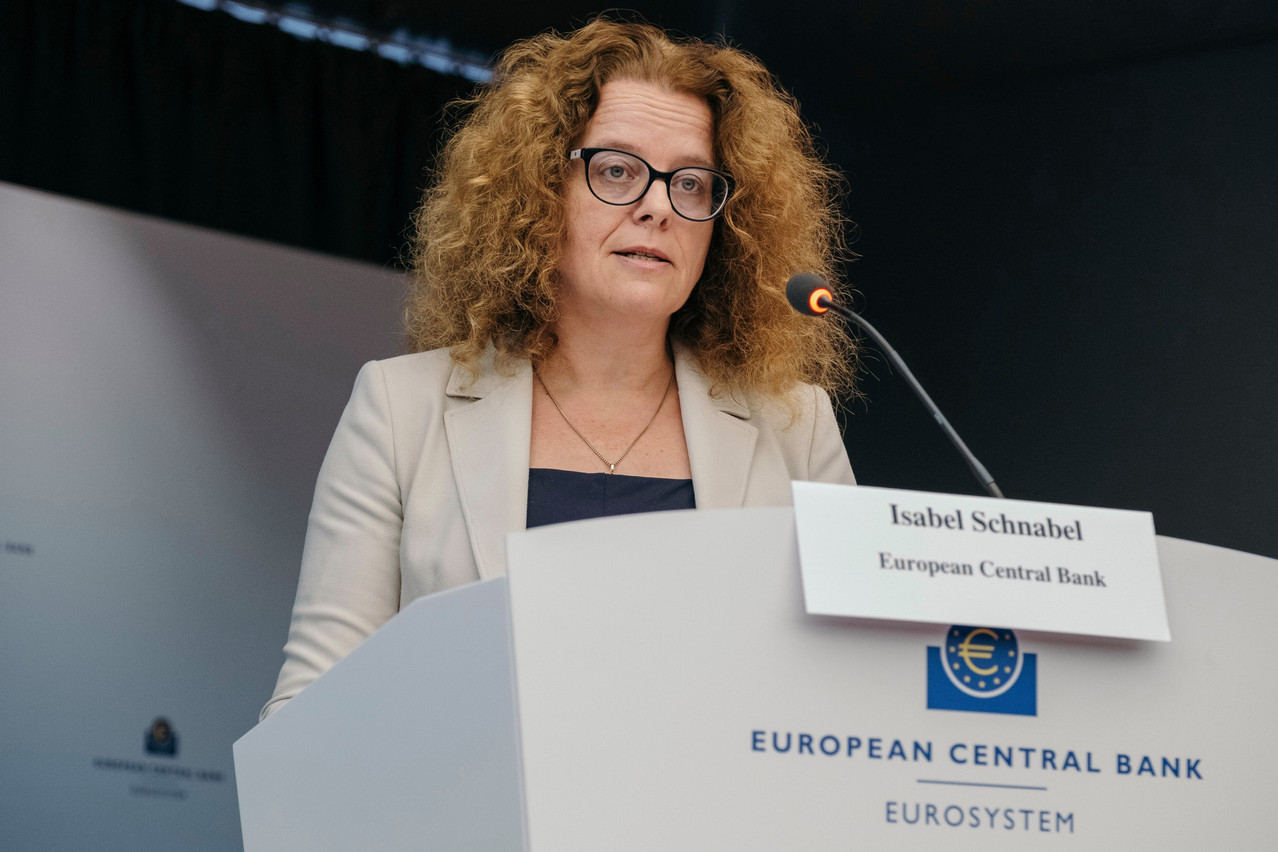Isabel Schnabel, a member of the European Central Bank’s executive board and governing council, offered a stark reminder into the bank’s current monetary policy and future outlook in an on Tuesday 5 December. She emphasised the need for ongoing caution, highlighting the ECB’s focus on controlling inflation while fostering sustainable economic growth.
While Schnabel noted the recent, unexpected decline in both headline and core inflation in the eurozone, mainly resulting from fluctuations in energy and food prices, she warned against becoming complacent in addressing inflation. She pointed out the risks associated with reversing fiscal policies and the possibility of substantial rises in energy or food costs.
On a brighter note, Schnabel anticipates a gradual yet positive upturn in economic growth in the coming year, supported by rising real incomes. She views the robustness of the job market as vital to this recovery, despite some signs of recent softening.
Interest rate strategy
On key interest rates, Schnabel reiterated the ECB’s commitment to a ‘restrictive’ monetary policy to curb overall demand, aiming to keep inflation in check. She cautioned against early rate cuts, despite market rumors, stressing the need for a tight policy until inflation consistently meets the 2% target.
Schnabel acknowledged that “most recent inflation number has made a further rate increase rather unlikely,” but she emphasised the ECB’s reliance on data, saying, “we need to see more data” and “we remain data dependent.” The ECB will continue to consider various economic indicators, like wage growth and productivity, in its future decisions, Schnabel told the Reuters news agency.
Asset Purchase Programmes
Regarding asset purchases, Schnabel revealed ongoing discussions about the future of the pandemic emergency purchase programme reinvestments, noting that “we have never discussed outright sales” in the asset purchase programme or PEPP. She added that monetary policy decisions prioritise the ECB’s main goal over profit and loss considerations.
Overall, Schnabel conveyed in the Reuters interview that the ECB’s strategy continues to be a careful balance between managing inflation and supporting economic growth. She reaffirmed ECB’s commitment to maintaining “key policy rates need to remain sufficiently restrictive for as long as necessary to bring inflation back to our 2% target in a sustainable manner.”
